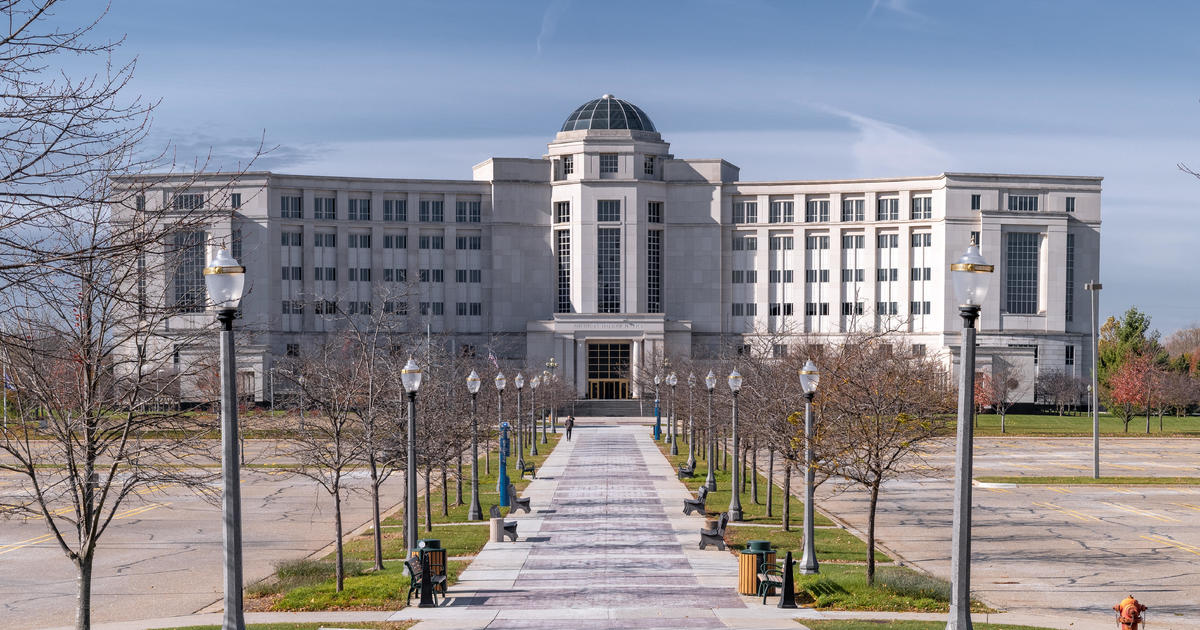Plan Would Change Criteria For Michigan Recalls
LANSING (AP) - Less than a month after the rare recall of a state lawmaker, Republican leaders in the Michigan Senate proposed a constitutional amendment on Thursday to limit the reasons for which an elected public official can be recalled.
Michigan law now allows a recall to be attempted for just about any reason, including an elected official's policies and votes. The proposed amendment would limit a recall to reasons such as certain criminal convictions, official misconduct or misuse of public resources. An elected official could not be recalled for the "discretionary performance of a lawful act or of a prescribed duty."
The proposal comes less than a month after voters in Genesee County narrowly recalled state Republican state Rep. Paul Scott from office for his education policy and budget votes.
Scott, who was chairman of the House Education Committee, was the first Michigan state lawmaker recalled since 1983. It's possible a few other state lawmakers could face serious recall attempts in 2012. But the state's recall laws are more often used to target local-level elected officials, who also would be covered by the constitutional amendment.
It won't be easy to change Michigan's law. A constitutional amendment must be approved by a two-thirds vote in the House and Senate before going to Michigan voters for final approval. But there appears to be leanings from both Republicans and Democrats to consider changing recall rules. Republican Gov. Rick Snyder has said the recall issue in Michigan "has gotten out of perspective on both sides." House Democratic Leader Richard Hammel also appears open to some sort of bipartisan recall reform.
Most states don't have a mechanism to recall a state lawmaker. Voters in those states must wait until regularly scheduled elections to cast judgment on an incumbent lawmaker.
Nineteen states permit the recalls of state officials, according to the National Conference of State Legislatures. Specific grounds for recall - such as the commission of a felony, ethics violations or incompetence - are required in eight of those states.
Organizers of the Scott recall said they should have the right to try and boot a lawmaker from office early if they disagree with the lawmaker's policies. They say Michigan's current recall law gives voters recourse if officials adopt policies that voters weren't anticipating when they elected candidates during a regularly scheduled election. A special election will be held Feb. 28 to replace Scott. The winner will finish a two-year term that expires at the end of 2012.
(© Copyright 2011 The Associated Press. All Rights Reserved. This material may not be published, broadcast, rewritten or redistributed.)



